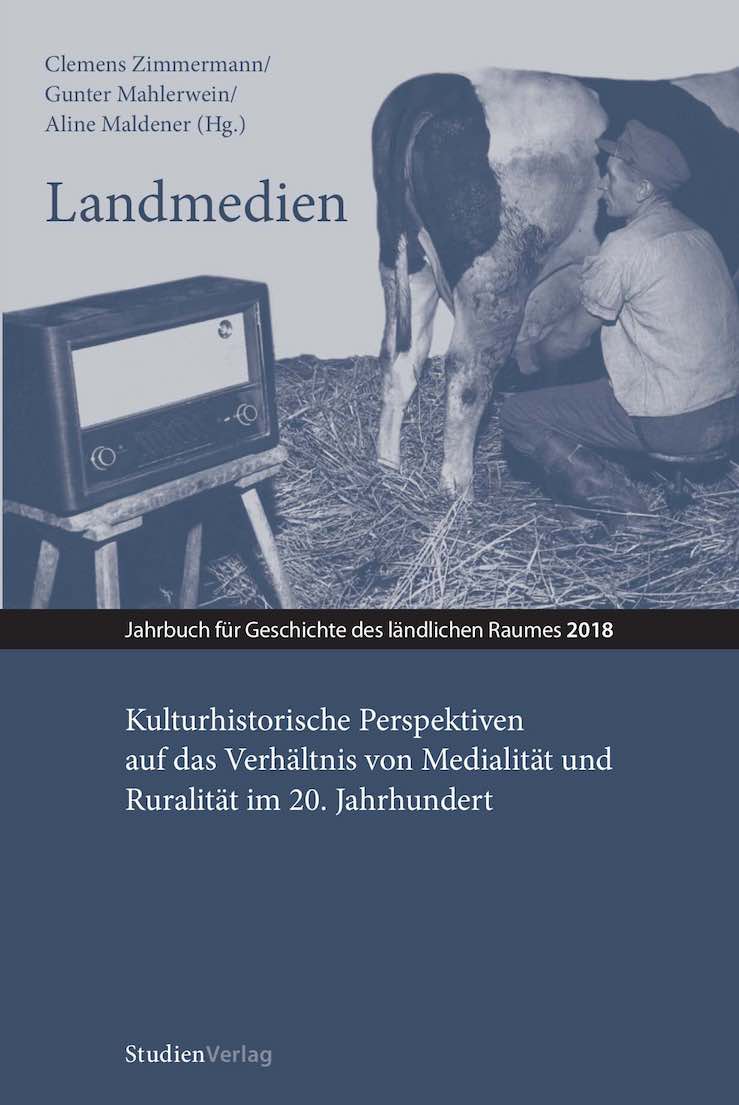Correspondence between rural population and state officials
Approaches towards a media and communication history of the Nazi regime in the context of rural society
DOI:
https://doi.org/10.25365/rhy-2018-7Keywords:
rural media audiences, National Socialist, agricultural press, petitions, appropriationAbstract
This article discusses difficulties in studying historical media audiences. While historical research on mass media under National Socialism has focused on the modernisation, the expansion and the propaganda effects of the available media, the question how ordinary people used and appropriated media messages remains widely unknown. This of course is mainly a problem of adequate sources. Inspired by Jerome Bourdon’s notion for a history of audiences based on sources ‘from the side’ and ‘from below’, this article examines petitions written by peasants and small-holders of an alpine valley and addressed to officials of the Nazi regime. Contrasted with the dominant agrarian weekly in this region, these letters show signs of appropriation of the messages and the language disseminated through the press. The petitioners borrowed and imitated the vocabulary of official propaganda, with the aim to gain support by the powerful or to raise complaints. In this special case, the newspaper readers become writers, and therefore these sources present a starting point for analysing audiences ‘from below’, as a group of active recipients – “textual poachers” (Henry Jenkins) – using the powerful resource of the dominant media for their own interests.


